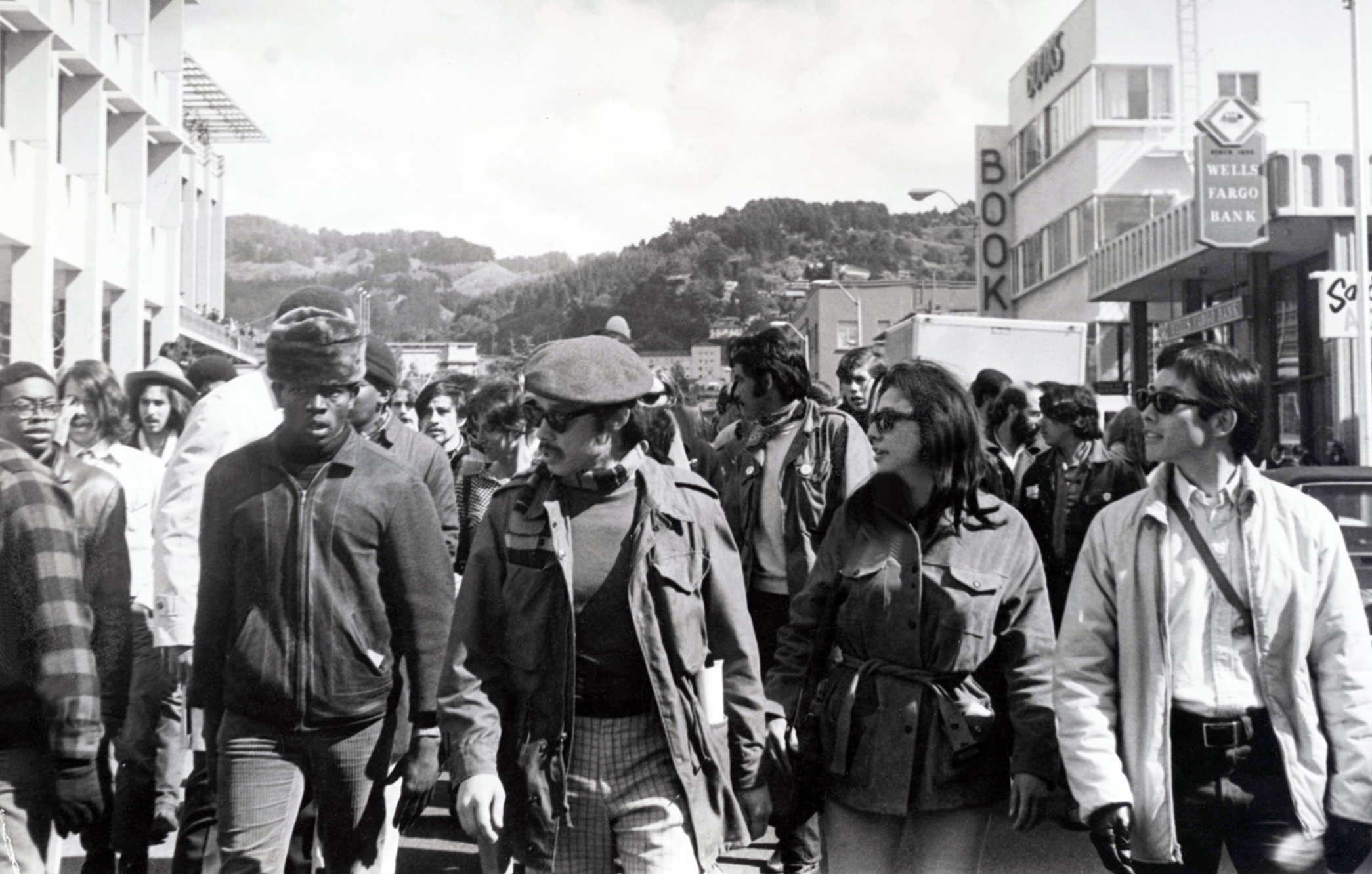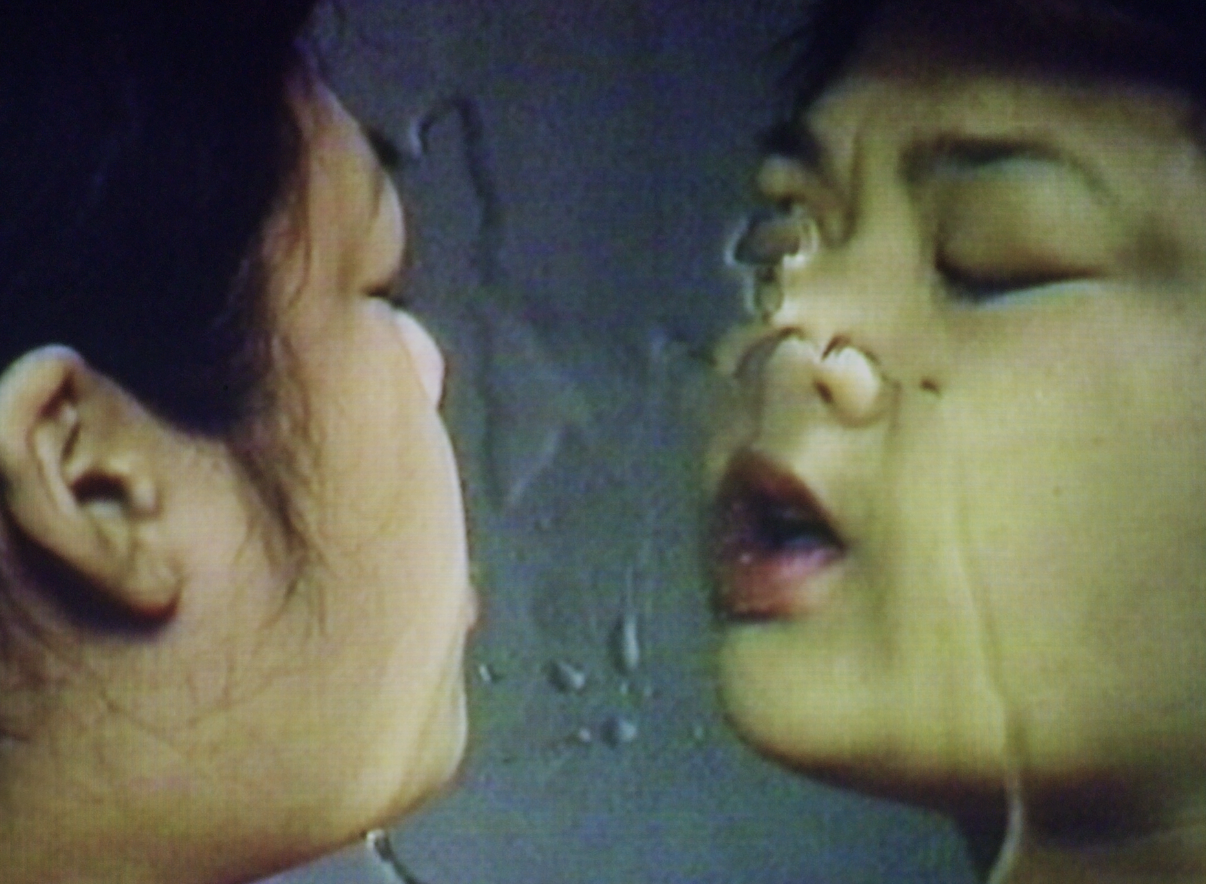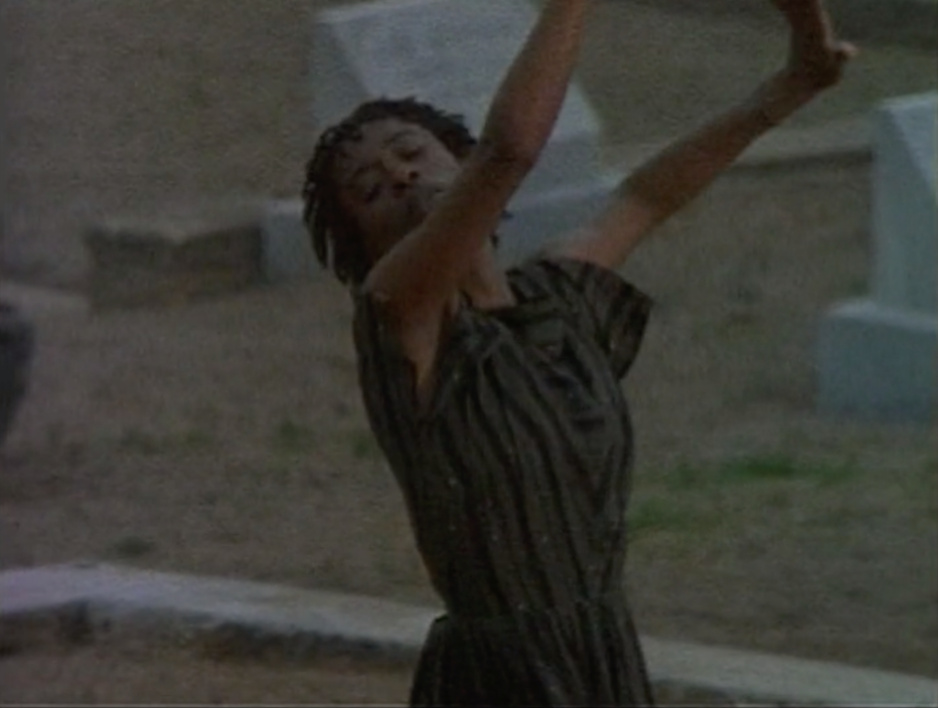Courses
Screenshot of The British Museum website, of an Object known as a Moai (Ancestor Figure), with the title given as ‘Hoa Hakananaiʻa ('lost, hidden or stolen friend'),’ accessed 3 April 2023. https://www.britishmuseum.org/collection/object/E_Oc1869-1005-1
Decolonizing the Museum: Case Studies
Johns Hopkins University (January 2022—June 2022)
The recent decolonial turn in museums has seen myriad demands for the decolonization of museums, alongside requests for repatriation and restitution. What is decolonization? How have anticolonial, postcolonial, and decolonial writers, thinkers and communities articulated, enacted, and participated in movements of decolonization? What does it mean to “decolonize” the museum? This seminar will examine the colonial legacies of museums and complicate discourses of decolonization by focusing on a range of case studies, from the Benin Bronzes and the Bamiyan Buddhas to repatriation requests from First Nations and Indigenous communities across the world, amongst other examples. We will study artworks, photographs, artifacts, architecture, museum collections and their relationship to questions of universalism, sovereignty, translation, untranslatability, display, provenance, stewardship and the life of objects.
From left to right, student activists: Charles Brown, Afro-American Students Union; Ysidro Macias, Mexican-American Student Confederation; LaNada Means, Native American Student Union; and Stan Kadani, Asian American Political Alliance, protesting at UC Berkeley. (Source: Chicano Studies Program Records, Ethnic Studies Library, UC Berkeley, CS ARC 2009/1, Carton 1, Folder 14.)
Asian American Art and Activism: Third World, Feminist and Queer Entanglements
Johns Hopkins University (September 2021—December 2021)
This interdisciplinary course surveys critical themes related to Asian American art and activism including perspectives from history, art and visual culture, literature, and gender and sexuality studies. It develops an account of Asian racialization from the 19th century alongside theories and histories of race, imperialism, postcoloniality, settler colonialism, translation, labor, migration, dispossession, in/visibility, and diaspora. Throughout the course, we will focus on who and what is “Asian American” and how this shifts over time, while examining Third World, feminist, and queer activist movements from the 1950s onwards that reveal the contradictions of Asian American identities.
Patty Chang, Foundatin, 1999. Video still.
Curatorial Studies
Whitney Independent Study Program (September 2018—June 2021)
I teach post-graduate curatorial fellows at the Whitney Museum of American Art’s Independent Study Program as the Instructor for Curatorial Studies. We think critically around what is excluded from art historical narratives and consider what a “global” art history might look like. Over the course of the year students are guided through conducting research, studio visits with artists, and working collaboratively to develop proposals for a group exhibition. Once a proposal has been approved, the students are led through the proceed of selecting artworks, arranging loans, developing programming, and thinking through the installation design of their exhibition. I work with the students as they write essays for and participate in the production of a catalogue accompanying their exhibition and oversee installation and deinstallation. Curatorial participants are involved in all aspects of the programming throughout the run of the exhibition.
2019-2020: After La vida Nueva, Curated by Weiyi Chang, Sofie Jamal, Colleen O’Connor, and Patricio Orellana, Artists Space, August 7-31, 2020
Raúl Zurita, documentation of La vida nueva, 1982. Courtesy the artist. Photo by Ana María López.
2018-2019: Always, Already, Haunting, "disss-co," Haunt, Curated by Nia Nottage, Gwyneth Shanks, and Simon Wu, The Kitchen, May 24 - June 15, 2019
Julie Dash and Jawole Willa Jo Zollar, Praise House, 1991. Video still courtesy Julie Dash and Twin Cities PBS




